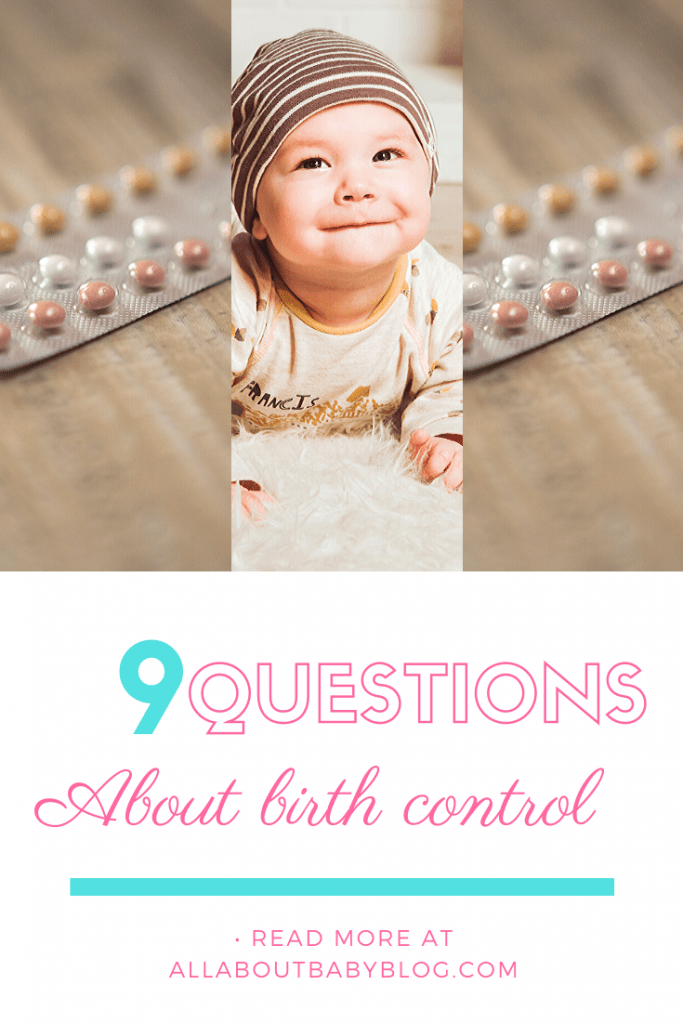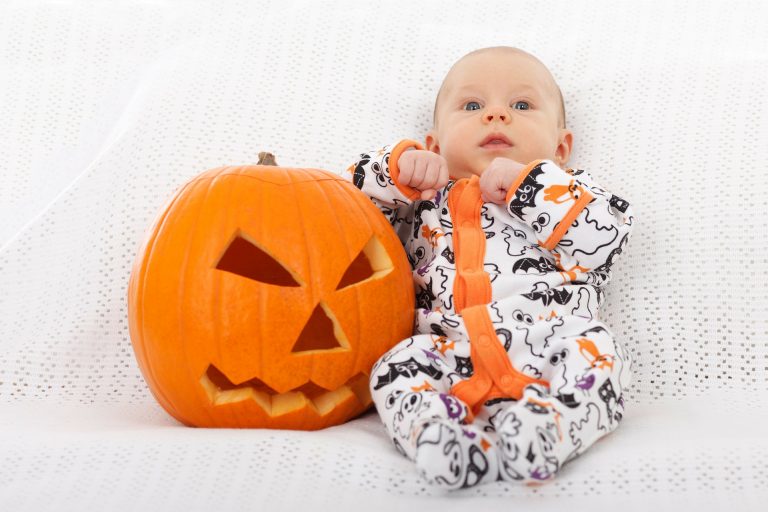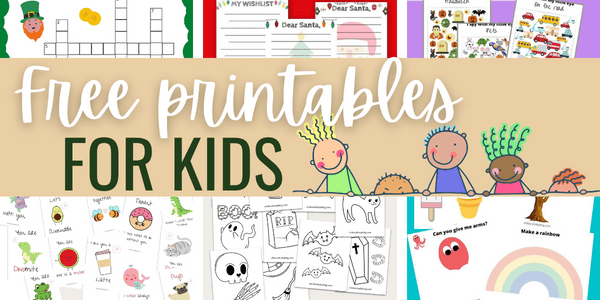9 Facts about birth control
The right birth control for everyone
Getting birth control after and even before having a baby is a big deal.
If you are in a position where you do not want to get pregnant you should definitely consider taking birth control.
Get detailed answers for 9 common questions about birth control.
Disclaimer: Even though this article is well researched it is no replacement for proper medical advice. Please ask your doctor for more information.
#1 Where do I get birth control?
Your best bet would be to have a talk with your doctor.
Your doctor can talk with you and discuss what kind of contraceptive will work best for you.
Besides the classic pill there are many other options depending on if you want something long-term or for a shorter time.
A good alternative to a visit at your doctors office is planned parenthood.
On their website you can find the closest location to you.
#2 Will birth control affect a pregnancy?
Once you find out about your pregnancy you should stop taking it immediately.
Hormonal contraceptives will not affect the outcome of a pregnancy test.
Also there is little to no proof that exposure to birth control hormones harms your fetus.
It is unlikely that it will have a effect on your baby’s development.
Continuing to take the pill during pregnancy also can not cause miscarriage.
Overall it is safer to stop taking any contraceptive when you find out you are pregnant.
Just for the fact that your baby isn’t getting all the hormones that your contraceptive contains.

#3 When does birth control start working?
Depending on what pill you are using you start it with the first day of your period or can choose whenever you want to start.
Either way – they are effective right away.
To ensure the protection against pregnancy it is better to use a second form of contraception like condoms as a backup for the first 7-10 days.
The pills are preventing pregnancy but don’t protect from diseases.
If you have a new partner or changing sexual partners you should always use a condom.
Condoms are the only thing that’ll protect you from potential illness like STD or HIV in the worst case.
“Condoms as a form of birth control are not just to prevent pregnancy but also to keep you safe from sexual transmitted diseases (STDs)”
#4 Is hormonal birth control bad?
Many women are using hormonal contraceptives over a long time.
However just like any other medication there are known side effects like loss of libido (wanting to have intercourse).
Birth control hormones change your body and natural cycle. It can cause mood swings, headaches and thrombosis.
A look in that little manual that comes with the contraceptive may make you ask yourself if you should really take it.
Some women are even saying the hormones change their whole personality.
It is a personal choice whether or not you decide to take hormonal birth control.
After all it is considered the most effective.
#5 How did birth control change the world?
Just think about yourself – how would it be every time you are getting intimate you could possibly get pregnant.
Making sure you won’t get pregnant when you don’t want to was a huge relief.
Having children unintended is linked to a lower participation in the job market and a higher dependency on government services.
Without access to contraceptives we would have a much higher rate in teen pregnancies too.
In fact the teen pregnancy rate is declining steadily since the 50s.
More woman chose to get a degree or a career instead of being at home and taking care of the children.
Overall people are happier because they can be more worry-free about unwanted pregnancies thanks to better contraceptives.
This may also be interesting:
– Cloth diapers vs. disposable ones
– Epic parenting fails
– Funny pregnancy stories
– Painful sex after baby
#6 Are birth control pills free?
If you have health insurance you most likely have a very low payment or get contraceptives for free.
In case you do have to pay out of pocket prices are anywhere between $20 – $50 per unit.
Adding up to about $240 – $600 per year. That is a lot of money.
This information is from the website for planned parenthood:
“There’s a good chance you can get low-cost or free birth control pills if you have health insurance. Because of the Affordable Care Act (aka Obamacare), most insurance plans must cover all methods of birth control at no cost to you, including the pill. However, some plans only cover certain brands of pills or generic versions. Your health insurance provider can tell you which types of birth control they pay for. Your doctor may also be able to help you get the birth control you want covered by health insurance. Learn more about health insurance and affordable birth control.“
“If you don’t have health insurance, you’ve still got options. Depending on your income and legal status in the U.S., you could qualify for Medicaid or other government programs that can help you pay for birth control and other health care.“

#7 Which birth control method is most effective?
The most effective types of contraceptives are condoms and the pill.
This requires a correct use of the products. Many factor can change the effectiveness of the pill.
For example when you have to vomit after taking the pill there is a good chance the protection is not given anymore.
The most convenient and foolproof contraceptives are IUDs or implants.
They stay inside your body for a certain amount of time preventing pregnancy.
You can not forget anything this way and the protection is there as long as the contraceptive is in your body.
Other types of birth control are patches, shots, ring or diaphragm.
To find out which one works best for you it is best to have a talk with your OB/Gyn.
All hormonal contraceptives are very effective and safe.
#8 Can birth control cause ovarian cysts?
Actually birth control can be used to prevent new cysts.
This does not effect already existing ones.
#9 Will birth control affect breastfeeding?
According to the Infant risk center most hormonal birth control are safe and will not affect your baby while breastfeeding.
There are more concerns that the hormones could have a effect on the nursing mothers milk supply.
Let your doctor know that you are breastfeeding before you start taking any contraception again after giving birth.
I had the choice between the shot, progestin-only pill, implant or IUD.
The pill has to be taken every day at a certain time.
Shots are usually good for three months and the IUD or implant can stay inside your body for up to five years.








This is really informative, and gives great information about commonly asked questions! I’m gonna have to keep this one in my back pocket.✨
Thank you so much 🙂 I’m glad it is helpful to you 🙂